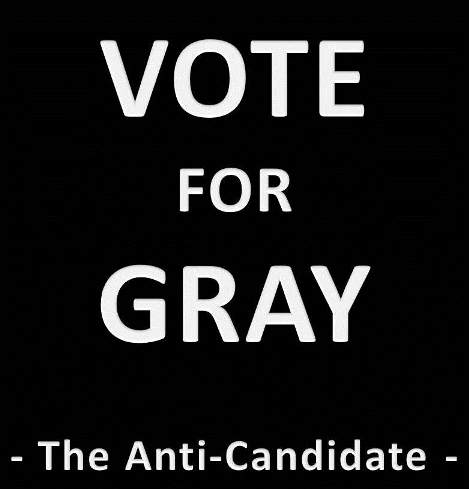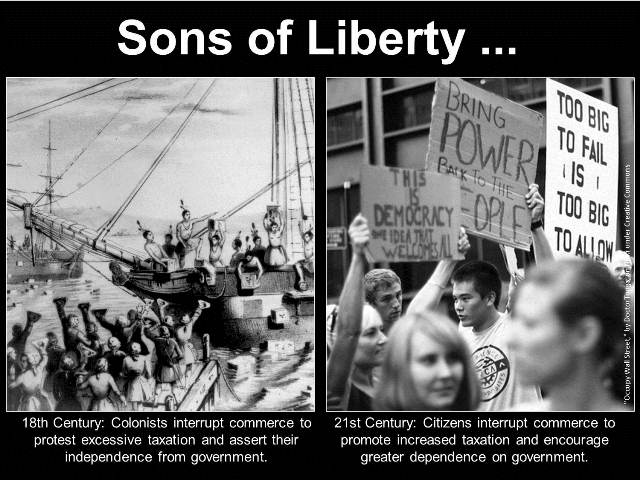CAUTION: Political Post Ahead.
The pro-Obamacare slant in major media came home to Raleigh, NC, this week.
The local CBS affiliate, WRAL-TV, aired a story — Some have success signing up for health coverage online — that chronicled how a self-employed graphic designer who had a $176 per month insurance plan got a new plan “on HealthCare.gov with the help of a federally trained navigator.”
Without going into the question of why Internet-savvy people (who can presumably purchase all manner of goods on commercial websites) would need a “navigator” to guide them through the Federal health care maze, let’s get to the obvious spin WRAL put on the story.
The lady’s original plan, which she categorized as “bottom of the barrel” (whatever that means; no specifics were offered on the plan’s supposed deficiencies or how long she had been dissatisfied with it), was replaced with a better one:
She took about a week to compare plans and enrolled in one that provides better coverage than her current plan. With federal subsidies, her monthly premium for her new insurance will be $91 a month – a 48 percent decrease.
In case you missed it, the bias comes by way of the quickly passed-over phrase, “with federal subsidies,” in the information that’s missing about how much the new plan costs and how much the subsidy is. That information is not in the audio or the transcript, but it shows up on screen at about the 1:30 point, as seen below:

(Screenshot of the WRAL-TV story.)
From this we see that the premium on her new, Obamacare-approved policy is actually $344.46 per month, nearly twice what she was paying before. We might hope this new policy would be better than the one she had, if it costs that much more.
But she’s only paying $91 and change for that policy, because the silent graphic shows that over $250 of that monthly cost is listed as a “premium tax credit.” That’s more than her original policy cost, for an annual total of over $3000, paid by the enforced generosity of the U.S. population and the borrowing habits of the Federal Reserve.
Remember, this was a “success story” in the eyes of WRAL: not what I often hear touted about an uninsured person or someone with a preexisting condition getting coverage, but that someone who had health insurance and was paying for it on her own has now been forced by law into dependence on the government. Yet in preparing their approved narrative, they chose not to call attention to those facts.
I thought I felt a breeze, that story spun so fast. But I’m a failed engineer, so what do I know about journalism?












